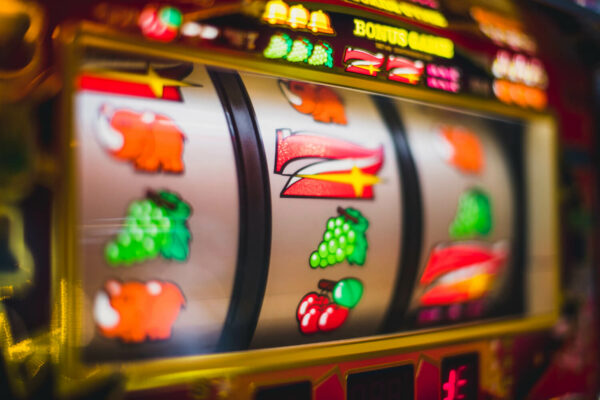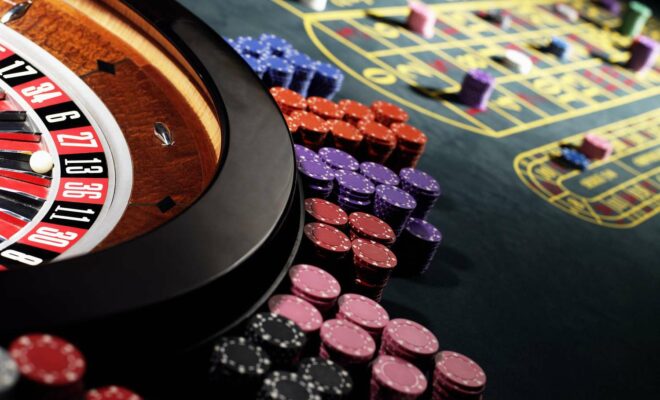Decoding slot game mathematics for better decisions

The foundation of slot games rests on mathematical principles that shape every spin outcome. Players who grasp these concepts make informed decisions about their gaming approach. Random number generators (RNGs) produce thousands of combinations each second, determining symbol positions when a player hits the spin button.
Hit frequency basics
Slots produce winning combinations according to their hit frequency. A 25% hit frequency means one in four spins results in some payout. This metric differs from RTP because it focuses on winning occurrence rather than the amount returned. Players seeking steady gameplay prefer higher-hit frequency games.
Random number generation mechanics
RNG systems generate values between zero and billions, mapping them to reel positions. Independent of previous spins, this process ensures fair results. The mathematics behind RNG creates true randomness, making each spin a separate event with equal winning chances.
Bonus feature probability analysis
Bonus rounds trigger based on specific mathematical calculations. Games balance feature frequency against potential rewards. Lower triggering rates often mean higher-value bonuses, while frequent features typically offer modest prizes. This balance maintains the planned RTP while creating engaging gameplay.
Progressive jackpot mathematics
Progressive slots link multiple machines, collecting small percentages from each bet toward growing prizes. The probability of hitting these jackpots remains constant, but prize values increase until won. Understanding contribution rates helps players evaluate progressive game value.
Optimal bet sizing calculations

Mathematical principles guide effective bet sizing. Bankroll division into units protects against variance while maintaining playtime. Strategic bet adjustment based on game mathematics maximizes entertainment value within planned spending limits.
Symbol distribution impact
Reel strips contain different quantities of each symbol, affecting the winning combination likelihood. Premium symbols appear less frequently than basic ones, creating the intended prize distribution. This mathematical design balances excitement and sustainability.
Multiplier effects on outcomes
Multipliers change basic game mathematics by increasing potential wins. Games balance multiplier frequency and size against base game wins to maintain target RTP. Understanding multiplier probability helps players assess real winning potential.
Mathematical edge in different slot types
Various slot categories present different mathematical profiles. Three-reel classics offer simpler probability calculations than complex video slots. Five-reel games balance winning frequency against prize size through sophisticated mathematical models.
Long-term probability considerations
Extended play reveals true game mathematics. Short sessions might not reflect theoretical returns due to variance. Understanding probability over time helps players maintain perspective during winning and losing streaks.
Bankroll mathematics fundamentals
You can daftar cina777 using various payment methods for your initial deposit. Effective bankroll management relies on mathematical principles. Session length expectations derive from hit frequency and average bet size. Players calculate the required bankroll based on variance levels and desired play duration.
Win cap influence on mathematics.
Some slots limit maximum wins per spin or bonus round. These caps affect the mathematical model and maximum win potential. Understanding win limits helps players choose games that match their goals.
Technical aspects of randomness
Modern slots employ complex algorithms, ensuring true randomness. These systems undergo rigorous testing to confirm mathematical fairness. Certified random number generators protect game integrity through precise mathematical principles.
Mathematical knowledge empowers players to select suitable games and develop sound strategies. Understanding slot mathematics leads to informed gaming decisions based on personal preferences and risk tolerance. This knowledge creates realistic expectations and enhances the gaming experience through better-informed choices.







